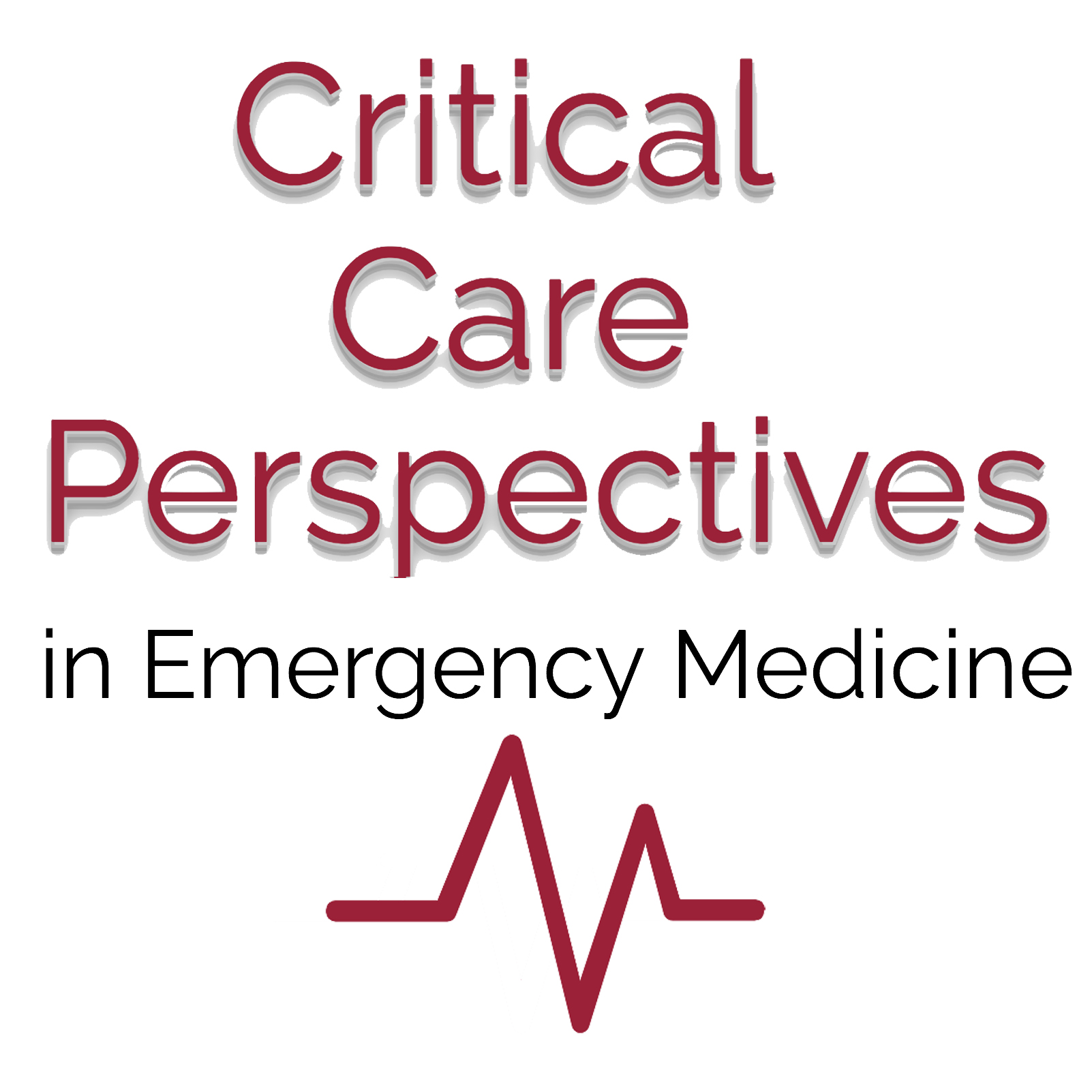More than 350,000 cardiac arrests occur each year in North America. Approximately 100,000 of these arrests are due to shockable rhythms. Unfortunately, many patients have refractory ventricular fibrillation and do not respond to many attempts at standard defibrillation. In this podcast, we discuss a recent study that evaluated double sequential external defibrillation and vector-change defibrillation compared to standard defibrillation in patients with refractory ventricular fibrillation in OHCA.
You can get CME credit for this episode hereClick here for CME Account Creation Instructions

Extracorporeal life support (ECLS) is being used with increasing frequency in many EDs across the US and across the World. In this podcast, we...

Over 500,000 patients suffer sudden cardiac arrest each year in the United States. Though survival rates are improving, there remains significant variation in outcomes...

In this podcast we discuss the very controversial SSC 2018 Update. We know that sepsis is a time-sensitive illness, but does a 1-hour bundle...